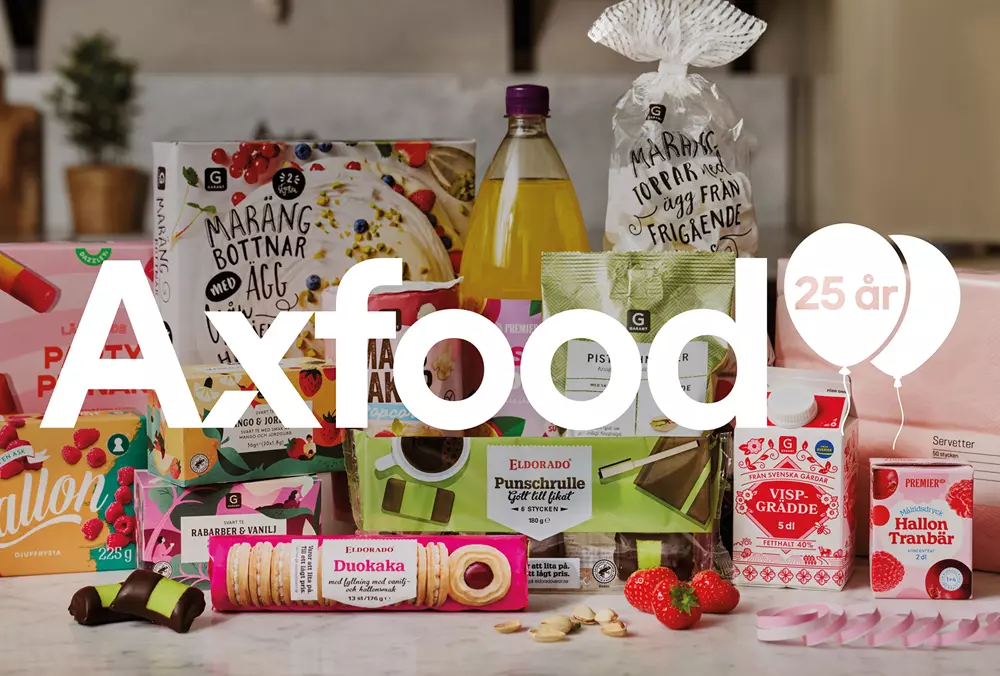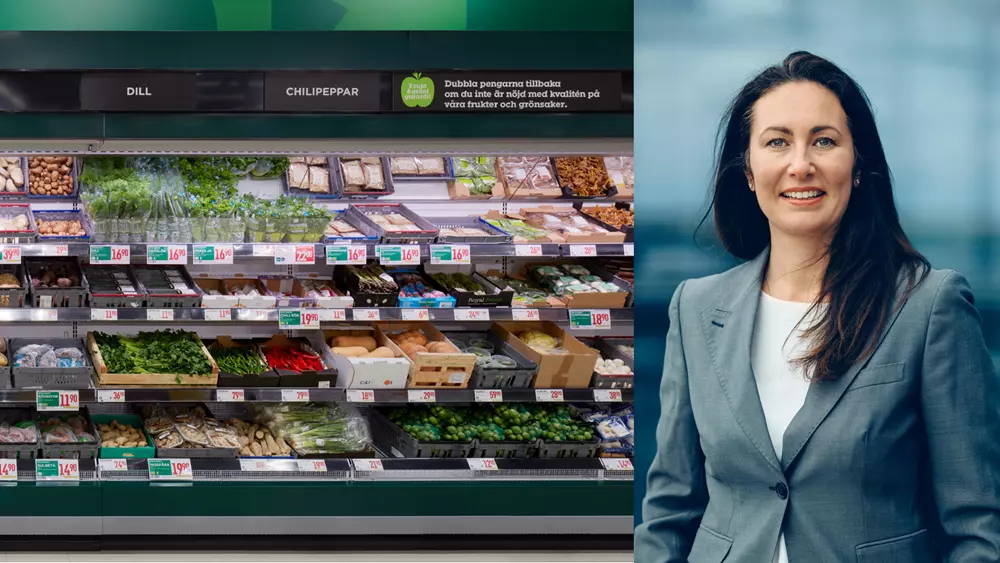Food production relies on rich biodiversity. However, a significant portion of global food production today threatens biodiversity. To address this, we must reduce the use of synthetic chemical pesticides, such as PFAS.

Åsa Domeij, Sustainability Manager, Axfood
Food production relies on rich biodiversity. However, a significant portion of global food production today threatens biodiversity. To address this, we must reduce the use of synthetic chemical pesticides, such as PFAS.
Biodiversity, with its rich variety of plant and animal species, is essential for all life on Earth. Three-quarters of the food we consume depends on pollination by bees, bumblebees, and other insects. Yet, alarms about threats to biodiversity are more frequent than ever.
Nearly 40 percent of the world’s land area is currently used for agriculture. In many parts of the world, large quantities of synthetic pesticides are applied to these agricultural lands, endangering both water quality and biodiversity. The loss of biodiversity exacerbates climate change and its effects, posing a threat to food production. Additionally, pesticide residues in food can be harmful to health.
Despite the risks posed by synthetic pesticides to biodiversity, the EU recently slowed down a proposal to halve pesticide use in EU countries by 2030. Meanwhile, one million species face extinction in the coming decades. Organic farms, which avoid synthetic pesticides, host an average of 50 percent more plant and pollinator species than conventional farms.
Preserving biodiversity requires not a single solution but a range of different approaches. For instance, sustainable, innovative, and efficient agricultural methods need development. Organic farming has the potential to contribute technological advancements that other types of farming can benefit from.
Simultaneously, the use of synthetic pesticides in conventional agriculture must decrease. We propose three effective measures:
- Ban PFAS-containing pesticides: Currently, PFAS chemicals—harmful to both biodiversity and humans—are present in approved pesticides. Sweden approves over 400 pesticides for cereal, root vegetable, vegetable, fruit, and berry cultivation, with 40 of them containing PFAS. A crucial step is to ban all pesticides containing PFAS.
- Set requirements for imported pesticides: While the EU has banned certain pesticides in recent years, these pesticides remain permissible in non-EU countries. Imported fruits and vegetables should not contain residues of pesticides no longer approved within the EU.
- Reduce or eliminate VAT on organic food: More consumers seek sustainably produced food but cost often remains a barrier. Lowering or eliminating VAT on organic and other sustainably labeled food would encourage more sustainable choices and benefit biodiversity.
Biodiversity is critical for sustainable, affordable, and healthy food production. Chemicals must cease spreading in our environment.
Our three proposals won’t solve everything, but they represent steps in the right direction to preserve and promote biodiversity. By changing production methods, food can contribute to a healthier planet—a win for everyone, today and in the future.
Emma Rung, CEO, KRAV
Åsa Domeij, Sustainability Manager, Axfood
The debate article was published in the newspaper Altinget on May 30, 2024.


